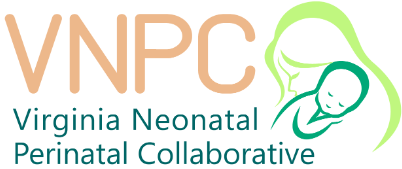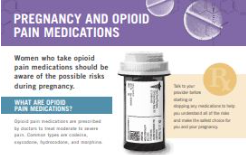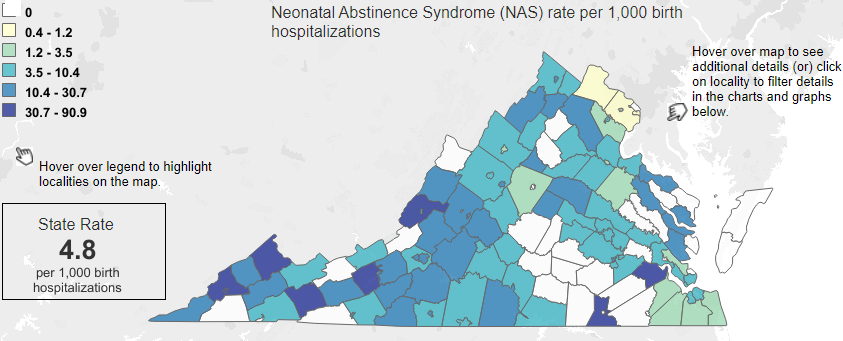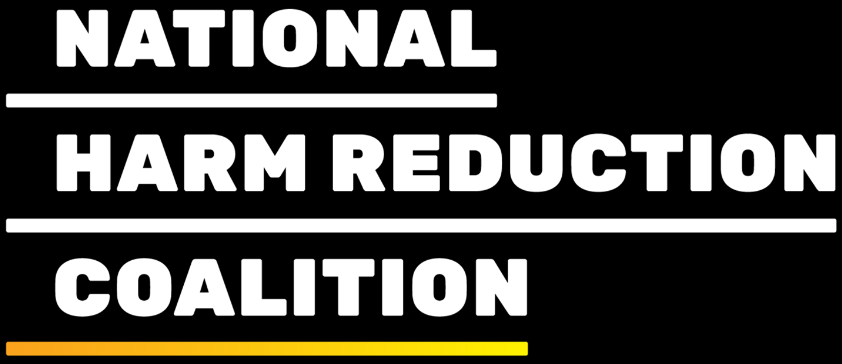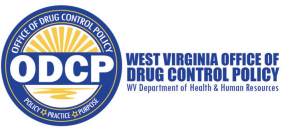Training
Supplies
Evidence
Use Cases
Neonatal Opioid Withdrawal Syndrome (NOWS), sometimes referred to more broadly as Neonatal Abstinence Syndrome, is a condition that occurs in newborns who were chronically exposed to opioids while in the womb. It can be caused by maternal use of heroine, fentanyl, and prescription pain killers, as well as methadone. Symptoms of NOWS can include irritability, diarrhea, and tremors among infants experiencing withdrawal. Identifying and treating these symptoms is critical to an infant’s health and development.
Caring for an infant with NOWS requires a multi-faceted approach that alongside medical care should include comprehensive medical treatment, parental and family involvement and education, psychological and emotional support services for parents, social services, and care coordination. The use of evidence-based strategies in each of these domains has been shown to decrease hospital stay lengths, decreasing the burden of the condition on both infants and families. Prevention and treatment strategies are critical, from preconception education, prenatal care, postpartum care, and newborn/infant care, to help prevent and treat NOWS.


